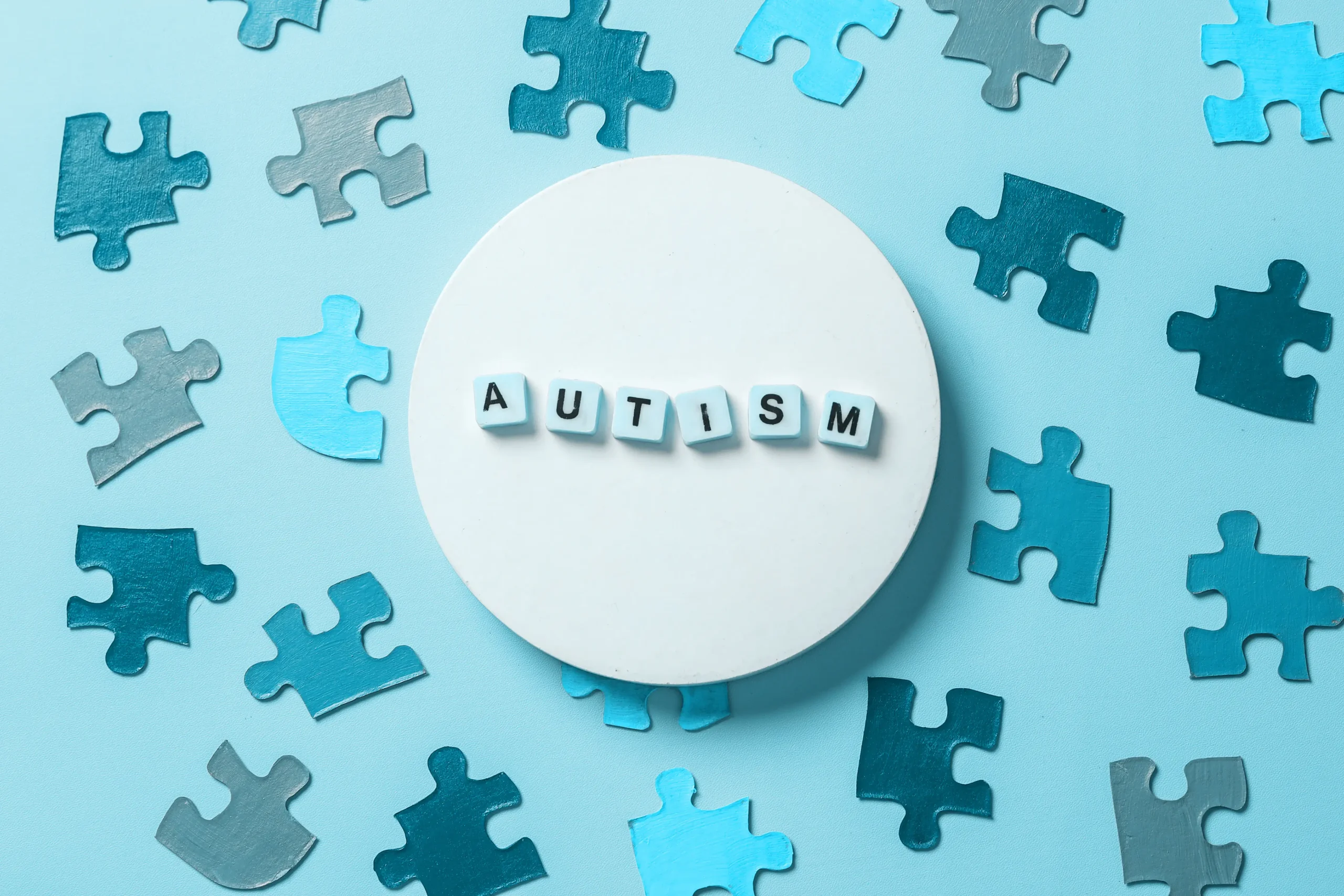A Mom’s Guide to Gestational Diabetes
Gestational diabetes is a condition during pregnancy where hormonal changes sometimes cause a mother’s body not to be able to make and use the insulin needed for the metabolism of her glucose (sugar). Without enough insulin, the glucose within the blood cannot be adequately utilised and transformed into energy. It then causes a glucose build-up in the blood. Extra blood glucose then enters affects the baby as it is also transferred through the placenta. This in turn may have effects on the baby which include the baby growing too large. After the baby is born, it may result in the baby’s own blood sugar dropping too much and later in life may cause diabetes in that child.
It usually develops in the second half of pregnancy and goes away when the baby is born. It’s important to know that diagnosis of gestational diabetes doesn’t necessarily mean that a woman was diabetic before pregnancy and doesn’t mean it will persist afterwards, however there is a higher chance of developing type 2 diabetes in women who have had gestational diabetes. It typically goes away after childbirth but if a woman has had gestational diabetes during pregnancy, there is a higher chance of her experiencing it again in future pregnancies. And, if not treated, there may be complications which include stillbirth.
Who is more at risk for gestational diabetes
Although gestational diabetes can affect any woman during her pregnancy, some women have a higher likelihood of developing the condition. A few risk factors include:
- Women who are over 40.
- Women whose BMI (body mass index) exceeds 30 (overweight).
- Women who have previously given birth to a baby that weighed 4 kg or more at birth.
- Women who developed gestational diabetes during a previous pregnancy.
- If diabetes runs on the family.
- Women who have had a gastric bypass or other weight-loss surgery.
- Women who had a previous unexplained stillbirth.
What to look out for
Gestational diabetes does not usually cause any symptoms but is only detected during screening for gestational diabetes. However, should symptoms present, there are a few among them that are relatively similar to regular diabetes as shown below:
- Increased thirst.
- Frequent urination.
- A dry mouth.
- Fatigue.
- Blurred eyesight.
- Genital itching or thrush.
It is important to note that some of the symptoms above are also common symptoms during pregnancy. Therefore, to determine whether or not you have gestational diabetes, speak to your physician or clinic nurse about the symptoms you’re experiencing.
How gestational diabetes affects pregnancy and birth
Most women who develop gestational diabetes during their pregnancy can go on to have healthy pregnancies and babies, however it can cause some complications, such as:
- A baby with a higher birth weight which makes it difficult to give birth naturally and may result in complications during vaginal delivery.
- An increased likelihood of a caesarean section.
- Too much amniotic fluid in the womb, which may cause premature labour or and other related complications.
- Premature birth.
- High blood pressure in pregnancy, which may lead to complications if not treated.
- The baby developing low blood sugar or jaundice (yellowing of the skin and eyes) after birth. This will mean the baby stays in hospital longer.
How to treat gestational diabetes
Treatment is aimed at maintaining normal glucose levels in the mother. This includes healthy diet adjustments with consultation by a dietician, physical activity, daily blood glucose testing and a possible need for insulin injections. These measures ensure that the pregnancy and birth will have fewer chances of complications, and ensures the baby’s good health in the future. Overall all, these are a few measures that can be taken to reduce the chances of developing gestational diabetes:
- Losing weight.
- Eating a variety of nutrient-rich foods, like fresh fruits and vegetables.
- Limiting fat intake.
- Watching portion sizes.
- Daily exercise.
While gestational diabetes may be cause for concern, mothers-to-be can enjoy a healthy pregnancy, birth and, ultimately, motherhood by staying on top of their health, improving their lifestyles, and remaining under the care and guidance of a medical professional.
For more information please contact:
Dr TE Nakanyane – Gynaecologist
Hospital: Zamokuhle Private Hospital
Tel: +27 87 106 9916
Email: [email protected]
The lenmed Group is a world-class chain of Private Hospitals that brings quality healthcare to communities across Southern Africa.
Disclaimer: Any information contained here is merely a guideline. Always visit your healthcare practitioner for any health-related advice or diagnosis.














